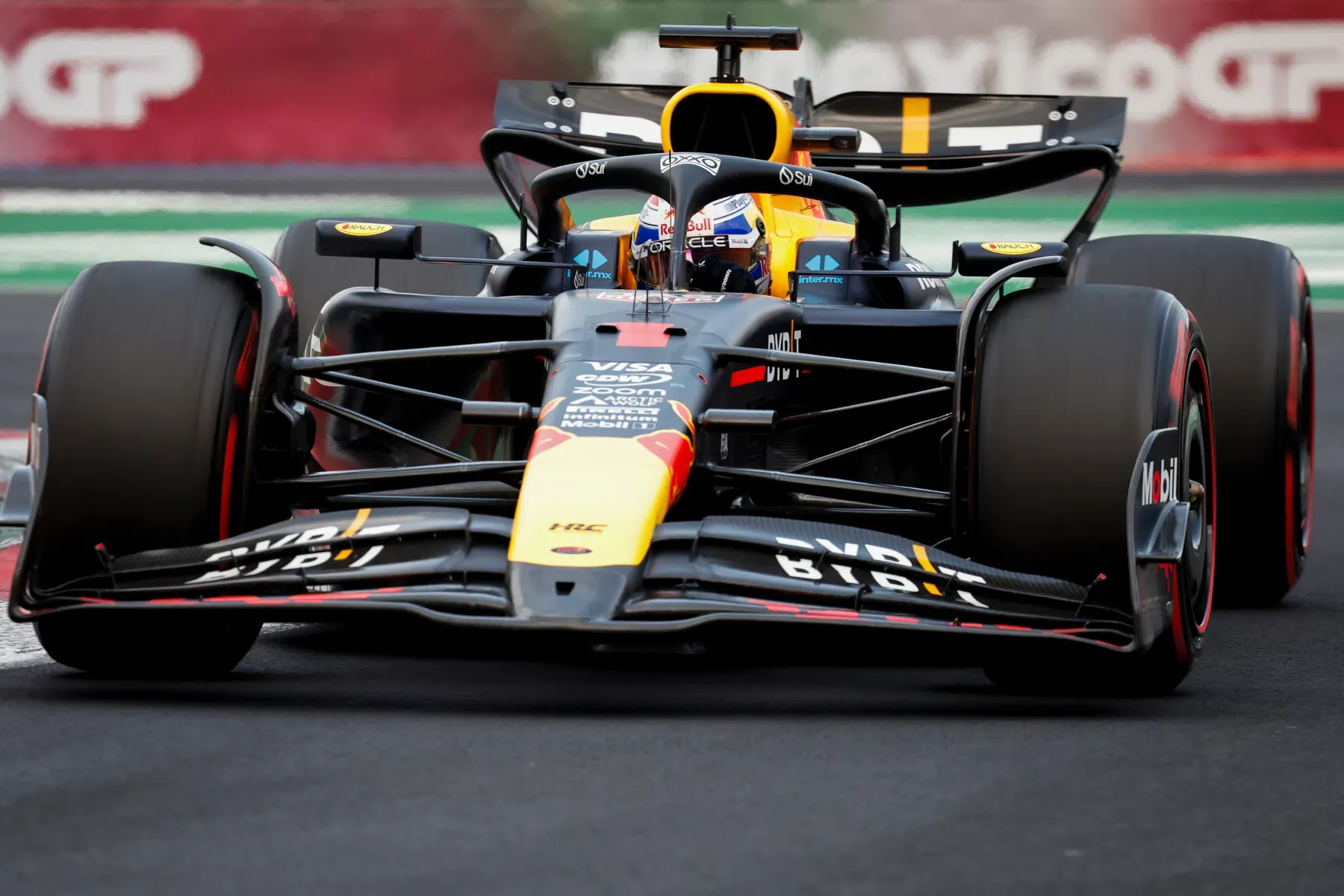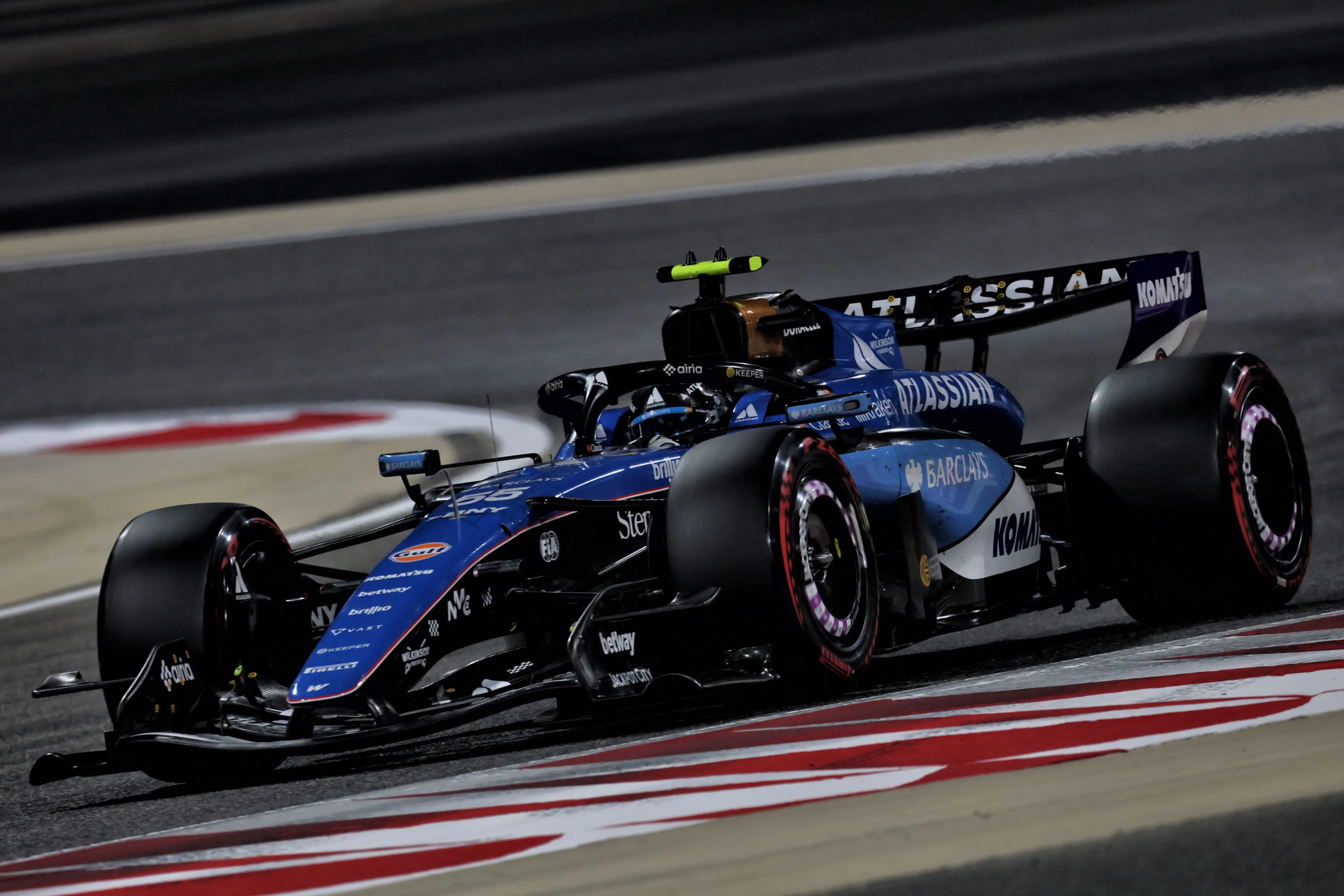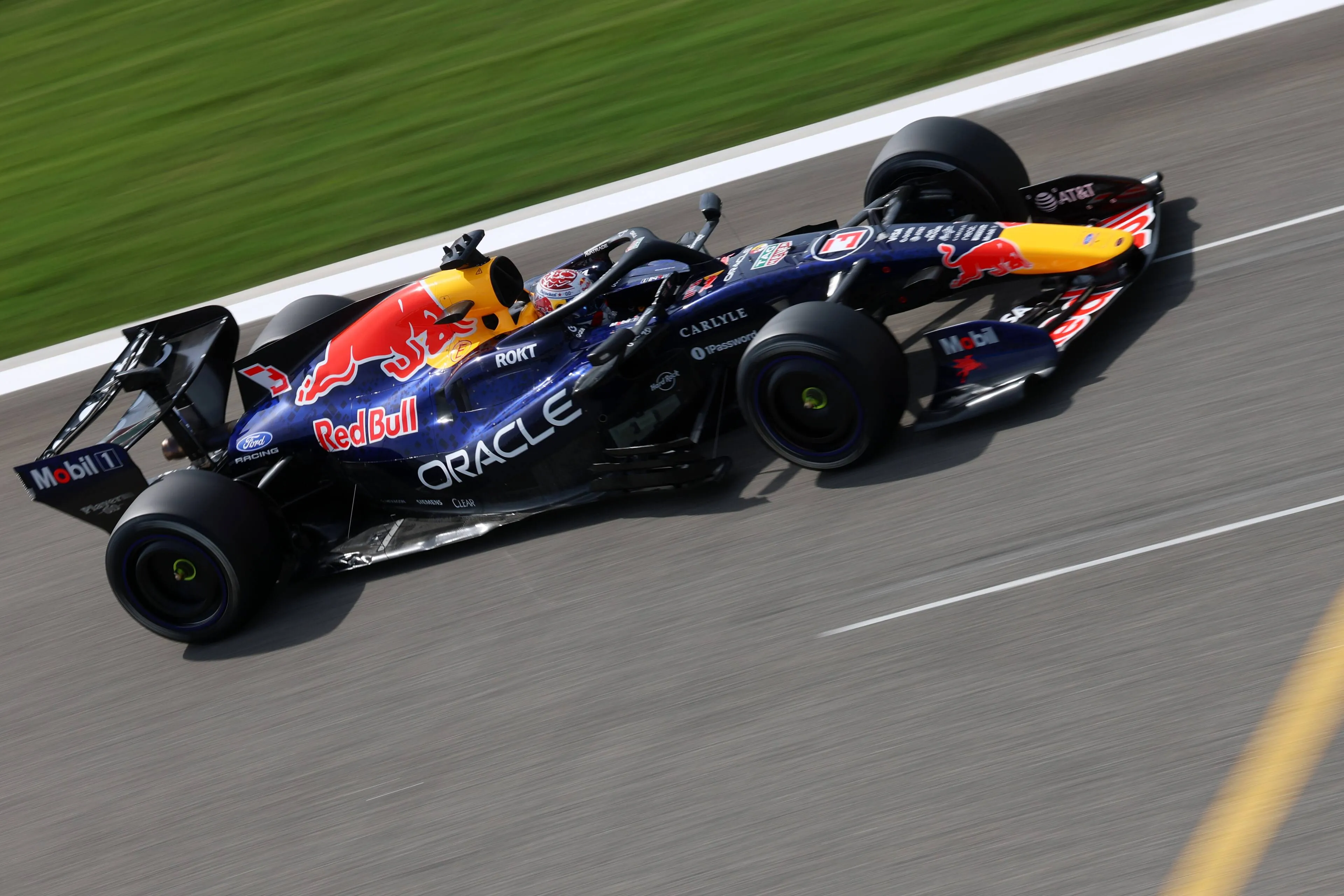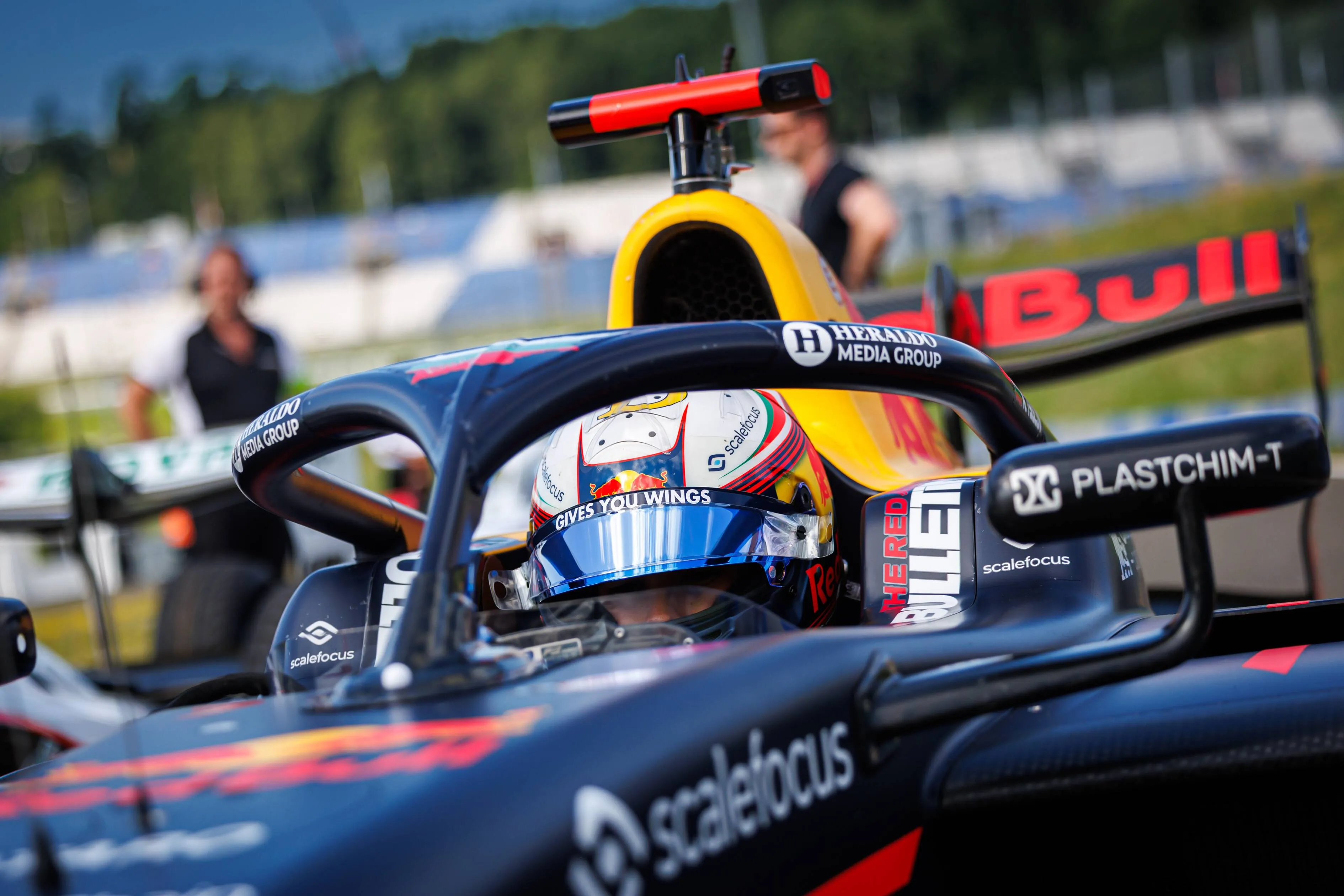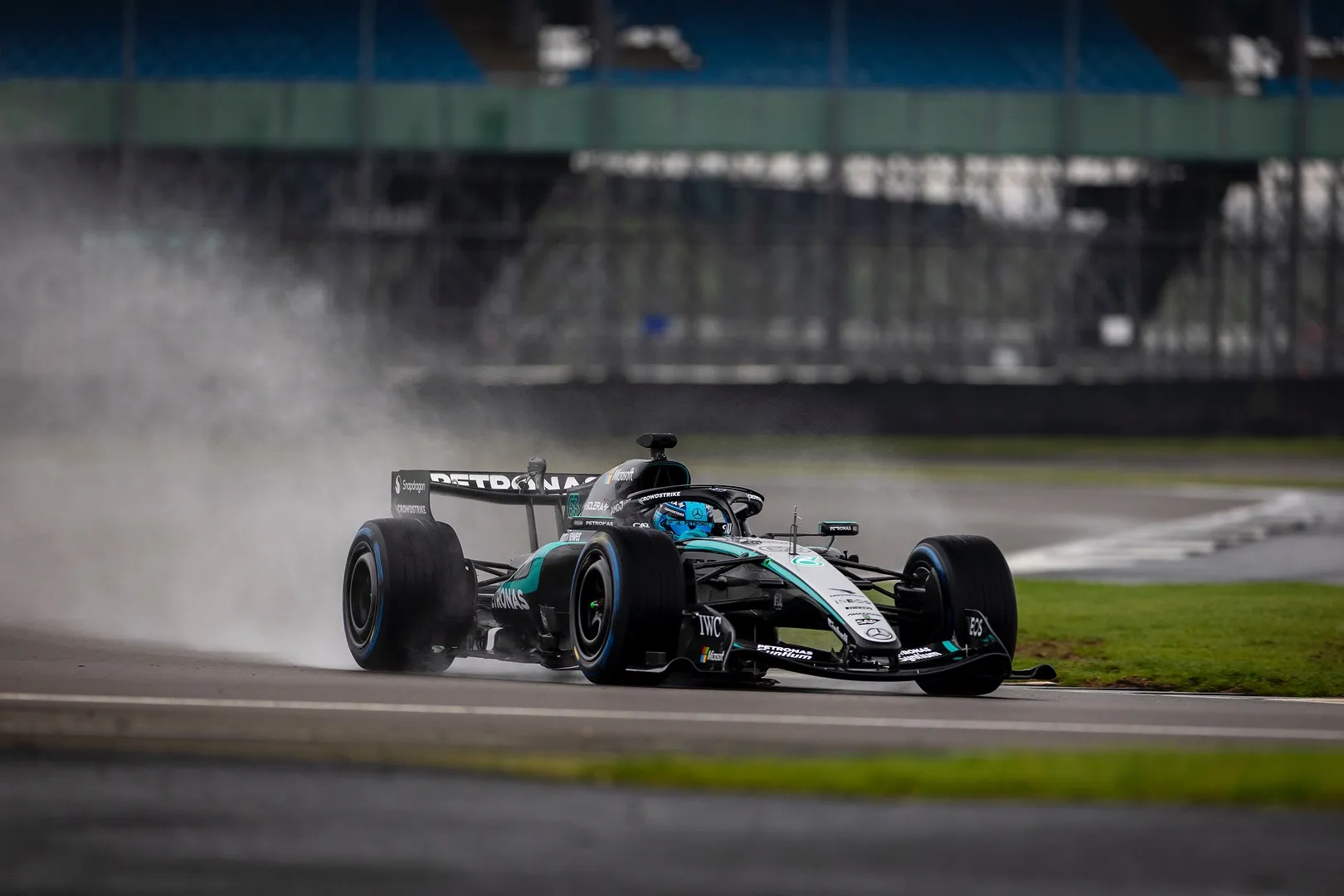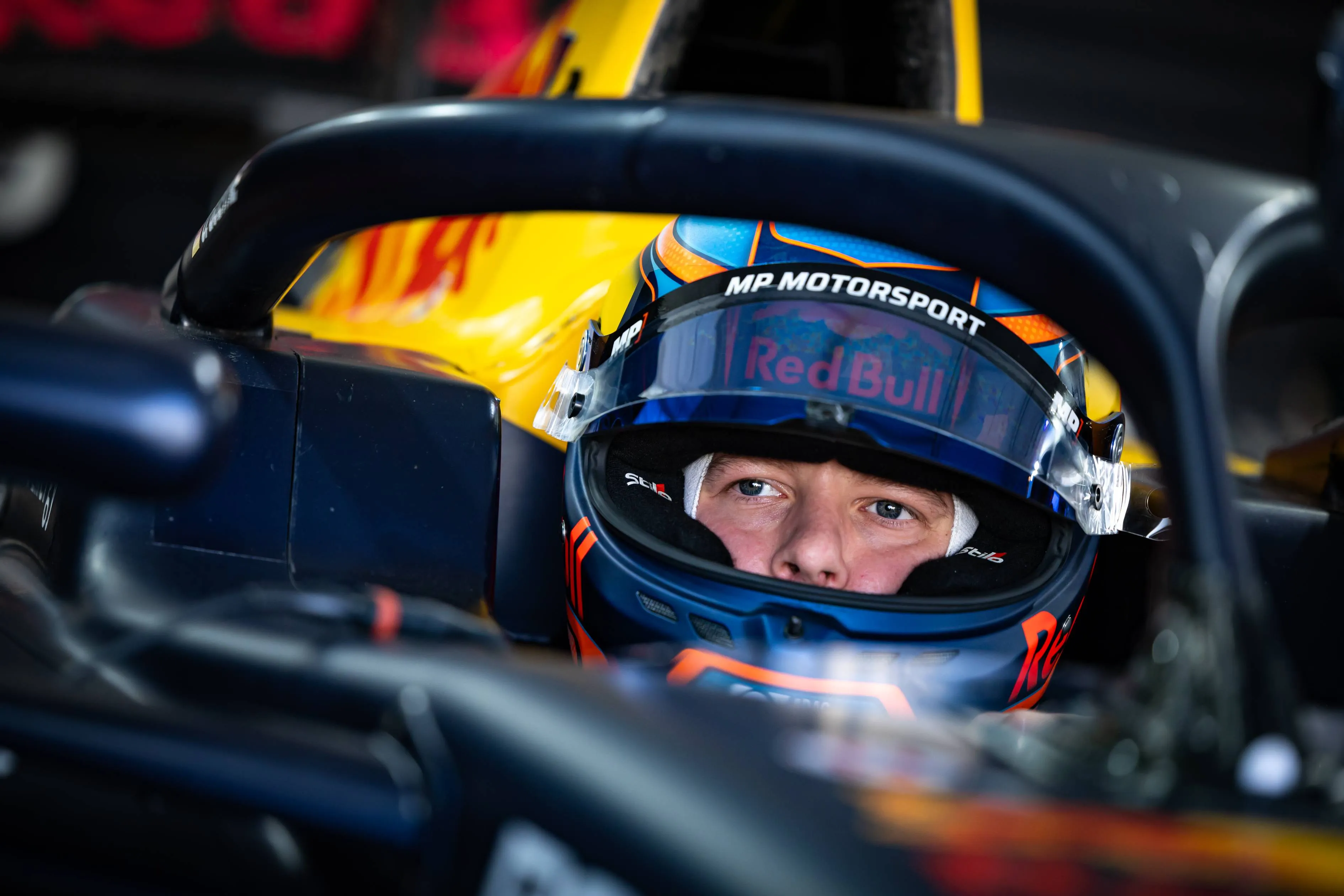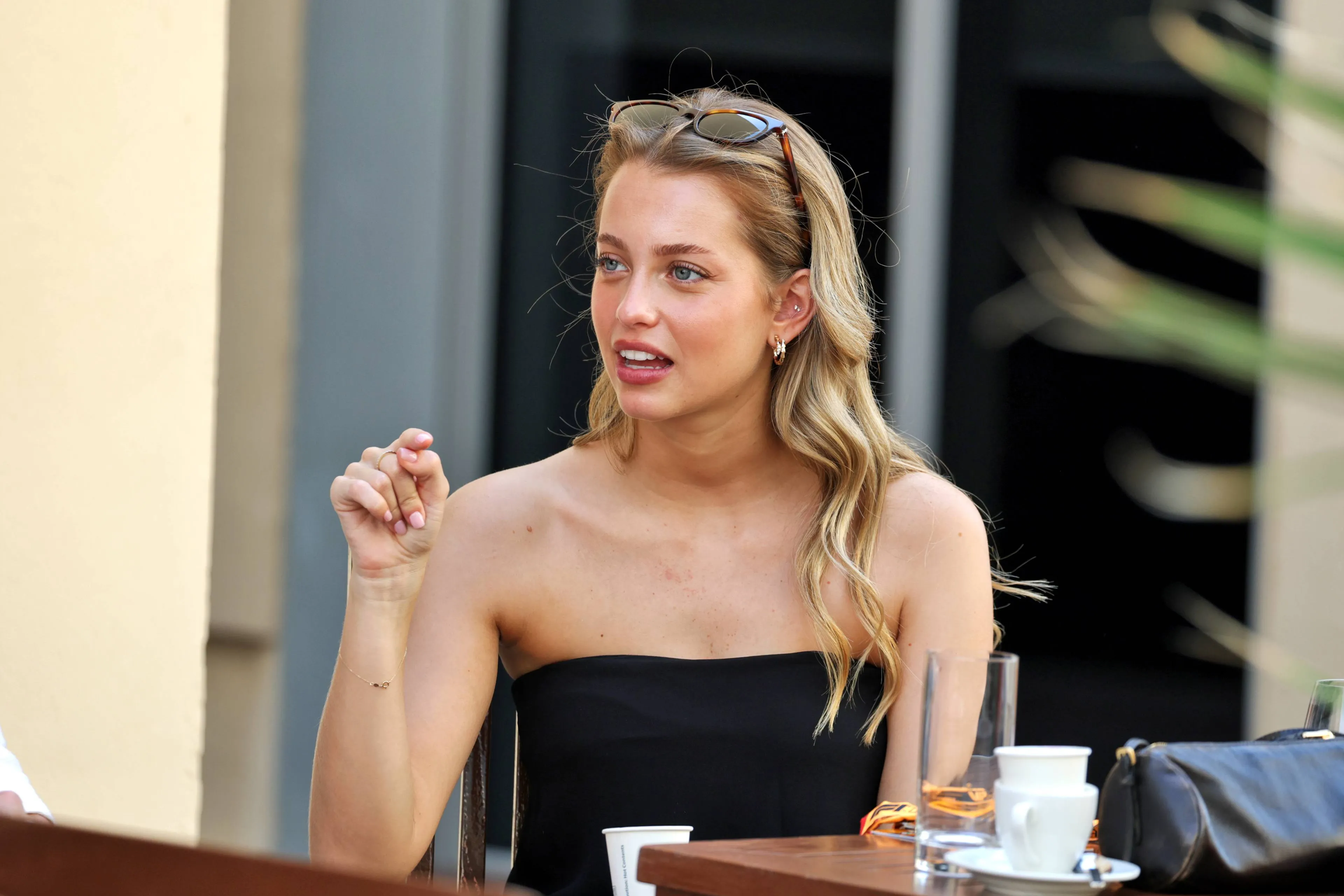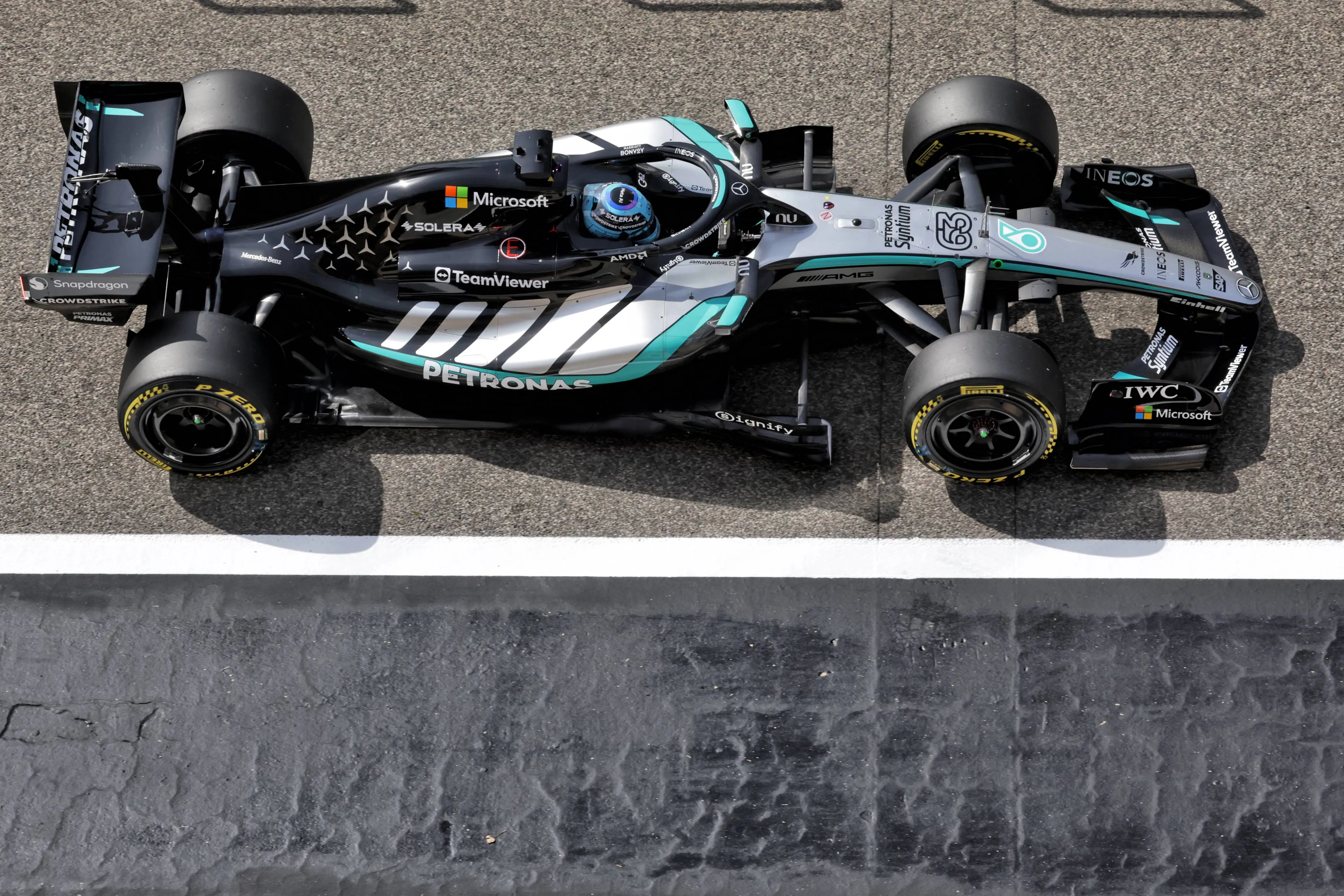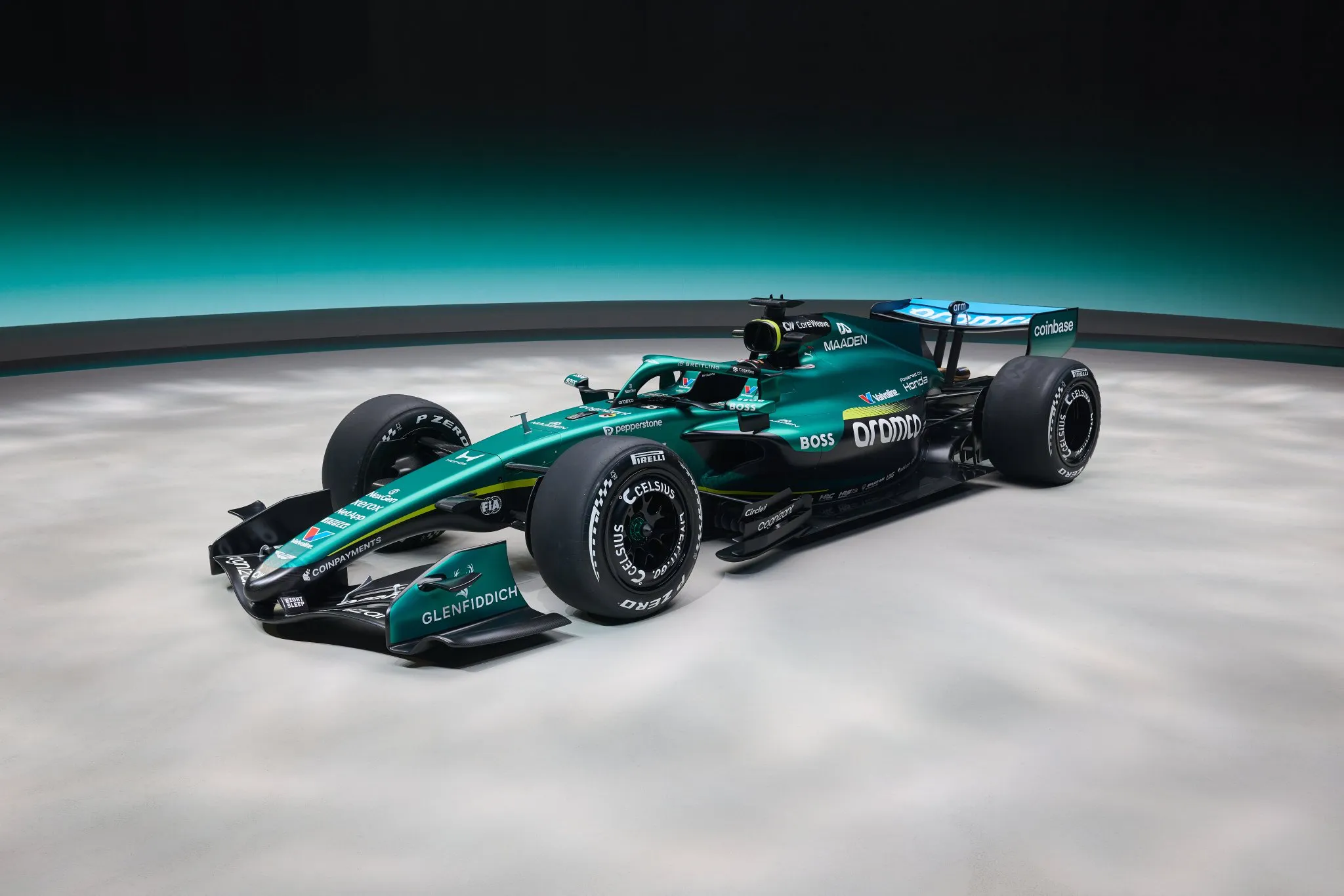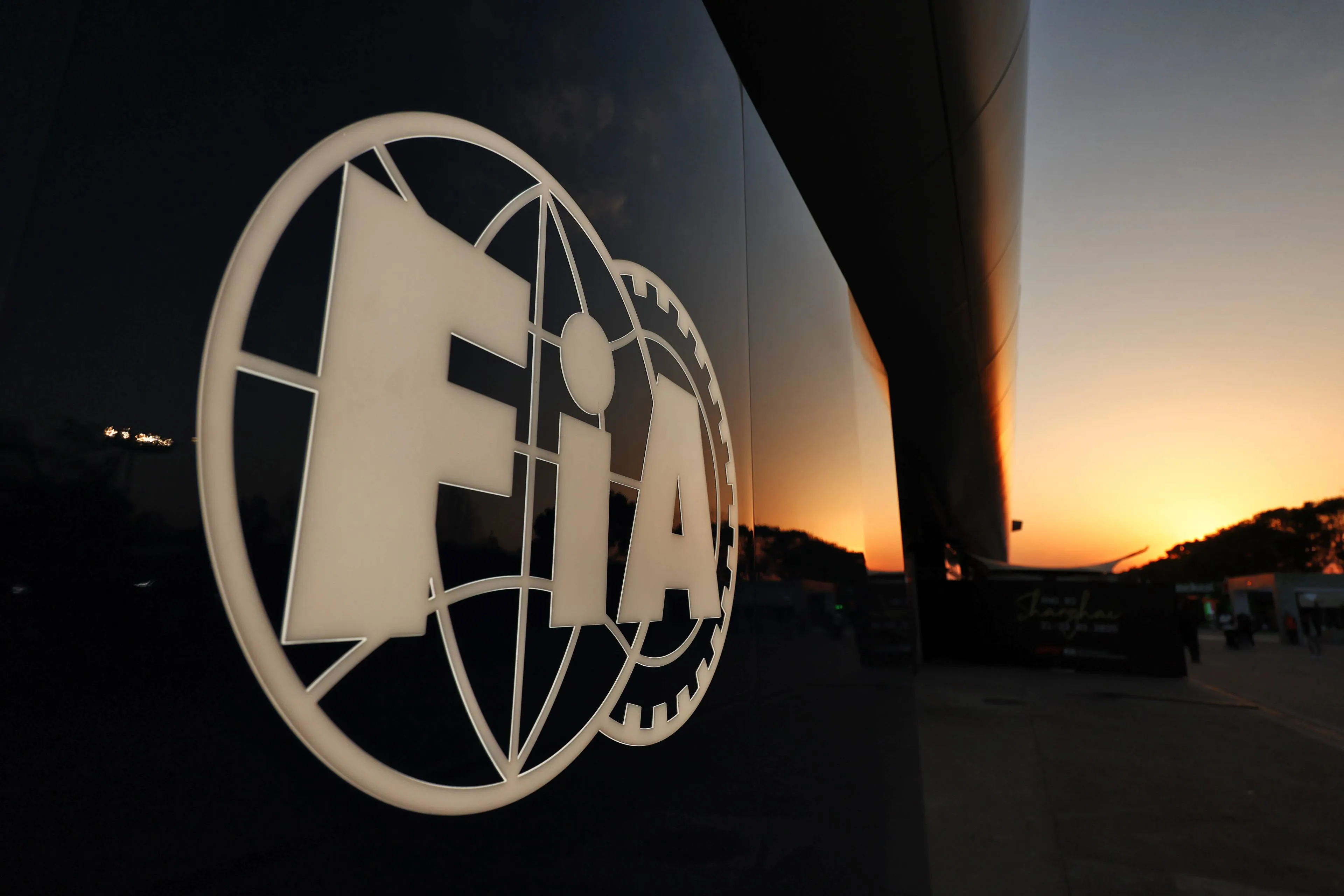Red Bull's correlation problems over? Technical director fears not
11:00, 27 Jan 2025
1 Comments
Max Verstappen complained about it regularly last season in 2024. On the simulator or in the wind tunnel, Red Bull seemed to have found the correct solutions to the car's balance problems, but once the RB20 was on the track, there was little to no improvement. Red Bull then pointed to correlation problems between the real and virtual worlds. For 2025, Verstappen and Liam Lawson may have to reckon with those again.
Pierre Waché, Red Bull's technical boss admits that with a correlation problem, you are a bit lost as a team. But the perception that Verstappen had was different from engineers last year. The Frenchman points out to Motorsport.com that there is in fact a delay between what is being worked on at the factory and what Verstappen feels.
"If you have a correlation problem, then you can no longer trust the tools. And then you have to adjust the tools so that you find the correlation again. Until then, you have doubts about everything you do. It is not so much that you are lost, but more that you have doubts about the results the tools give you," Waché said.
Verstappen obviously hopes the correlation problems will be gone before 2025. However, Waché has bad news: "No. It will never be completely solved." As a reason, the technical director cites that theory and practice never fully align.
'Finding improvements increasingly difficult'
As well as that, Red Bull will have to experience again that as they prepare for another year with the same regulations, meaning that finding improvements becomes increasingly difficult. "Then the accuracy of your tools has to be higher and higher," continues Wache.
In other words: If the margins between the top teams are minimal, then it is not important to have the most precise correlation possible. The good news for Verstappen and Red Bull is that it also applies to Ferrari, McLaren or Mercedes.
"It is dangerous to trust the system blindly. I'm not saying we shouldn't trust it, but you have to keep everything in perspective and know that on the track you don't reproduce exactly what you test," Waché concludes.
This article was written in collaboration with Olly Darcy
Want more Formula 1? Then follow GPblog on our various social media channels!
Read more about:
Rumors
Popular on GPBlog

1
F1 driver ‘stoked’ by Lewis Hamilton and Kim Kardashian romance rumours
1286 times read

2
Ex-F1 team boss survives scary plane incident in the United States
939 times read

3
World champion Damon Hill makes Formula 1 return: this is his next team!
841 times read
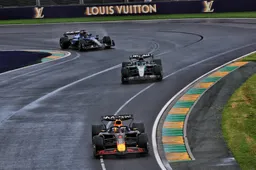
4
2026 Formula 1 Australian Grand Prix: Full schedule and session timetable
741 times read
Loading
